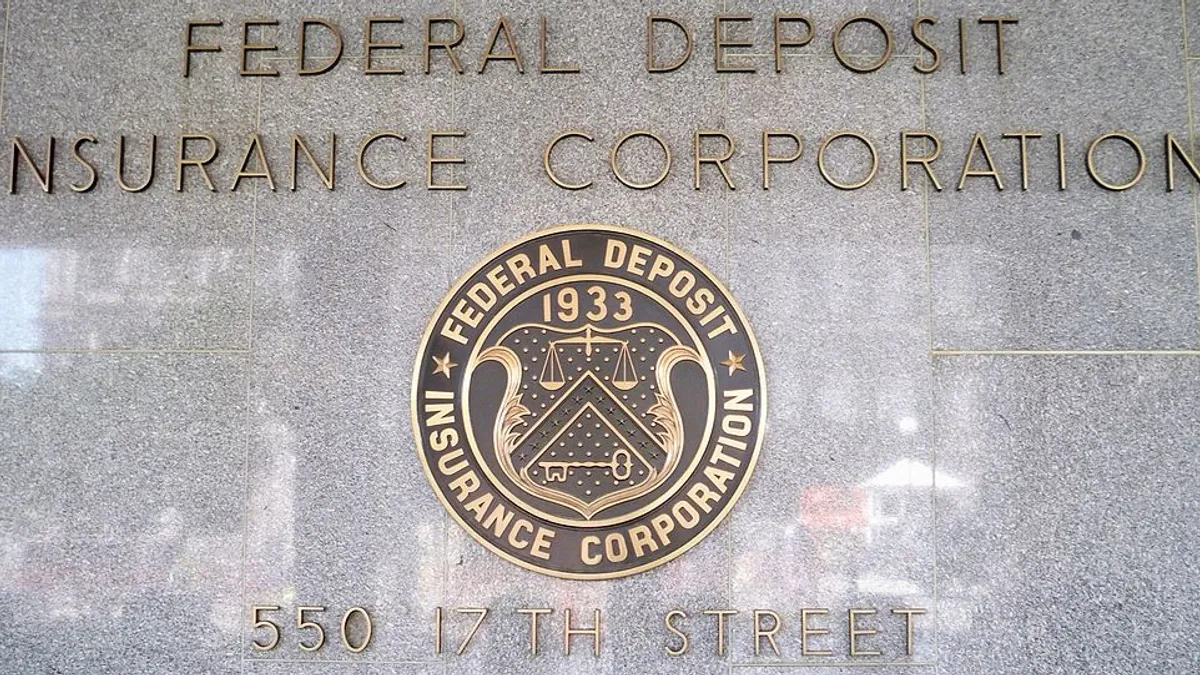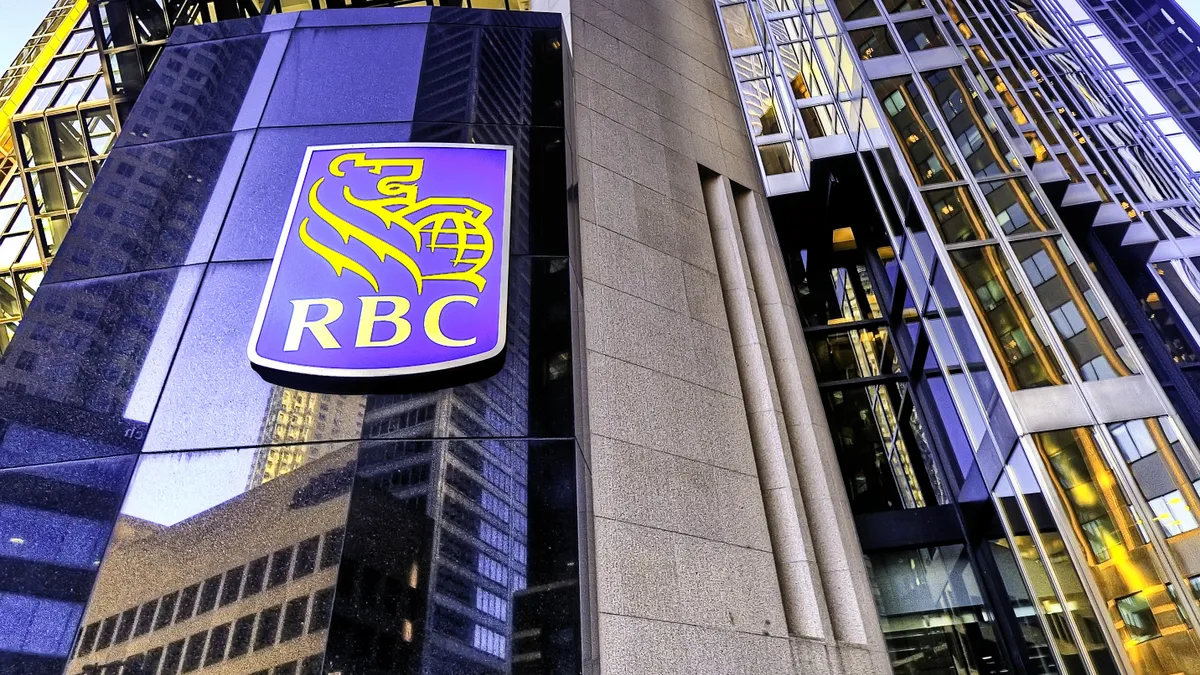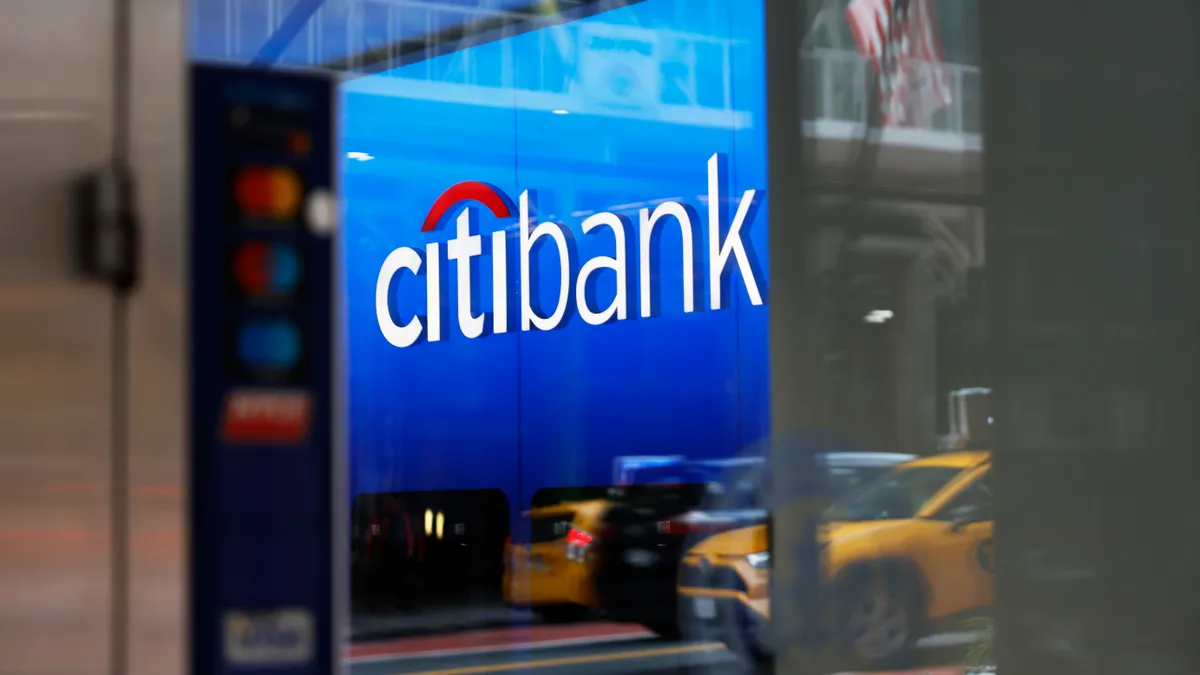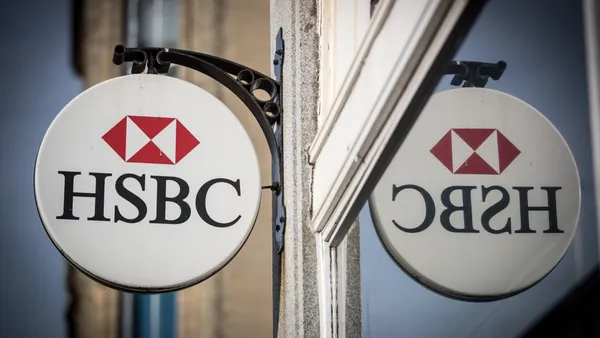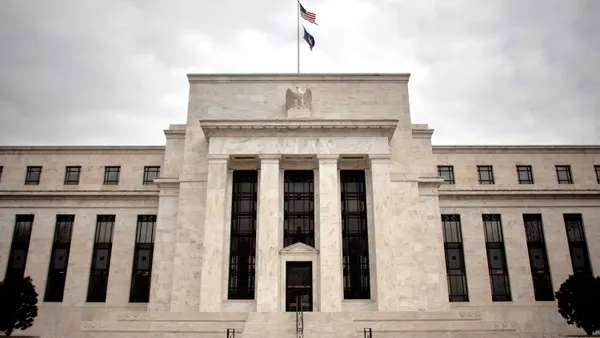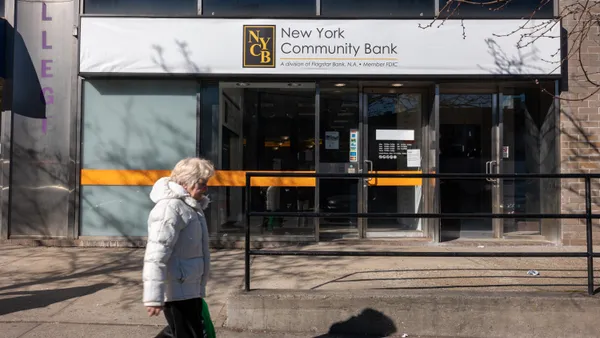Dive Brief:
-
Japanese e-commerce company Rakuten has withdrawn its application for federal deposit insurance for a second time. Approval by the Federal Deposit Insurance Corp. (FDIC) is a necessary step for Rakuten to obtain an industrial loan company (ILC) charter, a designation the company first began to pursue last year.
-
The company withdrew the application July 27, according to American Banker. The FDIC confirmed to Banking Dive on Wednesday that the company no longer has an application pending.
-
Rakuten's pursuit of a bank charter via the ILC route has drawn pushback from lawmakers and banking trade groups from the start. ILC opponents say the model exploits a loophole by allowing companies to offer banking services without oversight by the Federal Reserve.
Dive Insight:
Rakuten submitted its first application for deposit insurance in July 2019, a move that immediately garnered pushback from the American Bankers Association (ABA) and the Independent Community Bankers Association (ICBA).
The company pulled the application in March, shortly after the FDIC approved ILC applications from fintech Square and the student loan servicer Nelnet, the first companies to receive ILC approvals in more than a decade.
Rakuten, which runs an online shopping platform with an emphasis on consumer rebates, resubmitted the application two months later, saying it was "confident the revised application is stronger and is responsive to the FDIC's feedback."
"Rakuten Bank America is committed to transparency with our constituents and to cooperating with federal and state agencies during the regulatory review process, and we look forward to serving our customers where they are — online," a Rakuten spokesperson said in an emailed statement seen by Bloomberg Law and American Banker regarding the resubmitted application in May.
If Rakuten decides to submit a third application, ILC opponents, which have railed against the model for more than a decade, are likely to continue their fight against the controversial charter.
In a statement following Rakuten's initial application last year, ABA President and CEO Rob Nichols called on the FDIC to "rigorously review every aspect" of the company's application to see if it meets the relevant requirements for a charter.
"There's nothing innovative about these companies trying to exploit a lighter regulatory regime under this ILC and do the same financial services that are already provided by multiple financial companies," Paul Merski, the ICBA's executive vice president of congressional relations and strategy, said in July last year.
"It's just a bad idea for commerce and banking to mix," said Sen. John Kennedy, R-La., who introduced a bill in November that would halt companies from establishing ILCs. "Not only is it unfair to community banks who have to play by different rules, it's bad for consumers."
A day after the approvals of Square and Nelnet in March, the FDIC issued a notice of proposed rulemaking (NPR) to codify standards it says it already applies to ILCs, such as confirmation of financial backing from the parent company and recordkeeping and reporting requirements, among others.
In a letter last week, Kennedy urged FDIC Chairman Jelena McWilliams to pause the agency's efforts to finalize a rulemaking on ILCs and "refrain from approving any ILC-related applications, pending or otherwise," according to American Banker.
"This will preserve the status quo and avoid potentially devastating changes to our banking system," he wrote.



